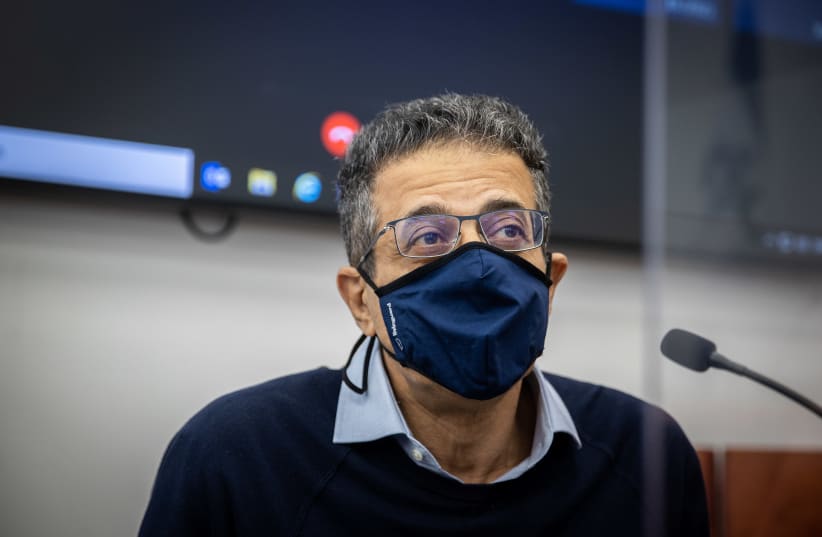Former Walla CEO Ilan Yeshua admitted on Tuesday before the Jerusalem District Court that he has no first-hand knowledge of the relations between Prime Minister Benjamin Netanyahu and Bezeq and Walla owner Shaul Elovitch.
In day four of being cross-examined in the public corruption trial, Yeshua was asked by Elovitch lawyer, Jacques Chen, about a statement he made when being interrogated by police.
During the interrogation, his interrogator asked: “Tell us about discussions which Elovitch had with the prime minister or with other officials from his [the prime minister’s] office regarding the sale of Yad-2.”
Yeshua replied, “I have no knowledge of any such discussion.”
Chen asked Yeshua if he still stood by this answer now that he is a key prosecution witness to try to take down Netanyahu and Elovitch in Case 4000, the Bezeq-Walla media bribery Affair, and the former Walla CEO confirmed his answer.
This could be highly significant for the defense because Yeshua has been a key witness to set the table for the interactions between Elovitch, Netanyahu and the prime minister’s messengers.
None of this deletes the huge volume of text messages that Elovitch and messengers of Netanyahu sent to Yeshua trying to slant coverage toward the prime minister or implying that Netanyahu would do special communications policy favors for Elovitch in exchange.
However, it does put Elovitch in a stronger position to later testify that what he wrote to Yeshua were attempts to exaggerate his closeness with the prime minister, with Netanyahu able to testify that he had no idea what Elovitch was telling Yeshua about him.
Tuesday’s questions regarding Yad-2 came after the defense on Monday tried to sever almost half of the bribery charges, those connected to the Yad-2 sale, from the trial in one fell swoop.
On Monday, Yeshua admitted that the sale of Yad-2 to German publishing house Axel Springer SE in May 2014 was not part of any bribery scheme.
Elovitch’s sale of Yad-2 earned him around NIS 800 million of the NIS 1.8 billion that the state has said were part of the bribery scheme.
If Yeshua’s admission convinces the court, that NIS 1.8 billion would suddenly drop to a maximum of NIS 1 billion, much of which relates to the Bezeq-YES merger deal from 2015.
Essentially, Chen portrayed the Yad-2 sale as a legitimate transaction in which Yeshua himself reaped an NIS 15 million bonus.
In addition, on Tuesday, Yeshua admitted that he saw nothing wrong if Elovitch did indeed try to pursue getting Netanyahu’s help with approving the Yad-2 sale.
According to Yeshua, this was because the Yad-2 sale was a standard non-problematic transaction which was being held up by irrational bad-blood between then-communications minister Gilad Erdan and Elovitch.
Yeshua characterized Elovitch’s lobbying before Netanyahu on the issue saying “he undertook basic actions which if he had not done them, it would have been negligent.”
Moreover, Yeshua said that the articles Walla published allegedly in connection with getting Netanyahu’s help with the Yad-2 sale approval were published by many other newspapers and were not part of the slanted coverage conspiracy.
None of this eliminates the prosecution and Yeshua’s bribery allegations regarding the Bezeq-YES merger, but it draws into question the pattern of media bribery which the prosecution has wanted to establish.
The prosecution has said that they can use Yeshua to build their case where he points an accusing finger, while still disregarding areas where he gives Netanyahu and Elovitch a pass by explaining that the former Walla CEO does not fully understand the legal principles involved.
